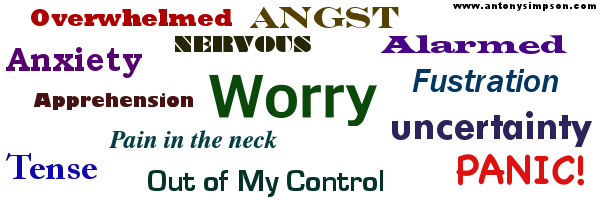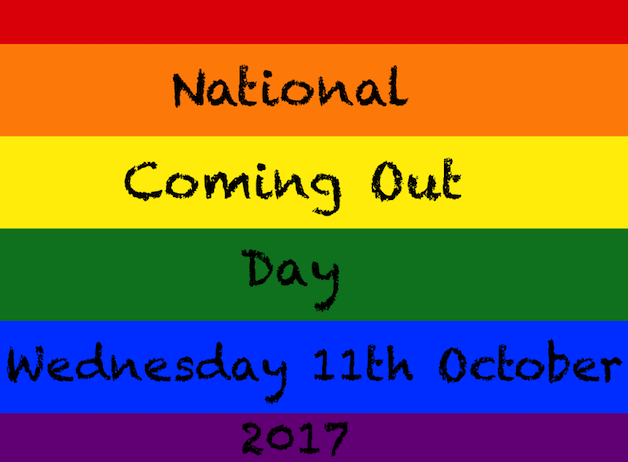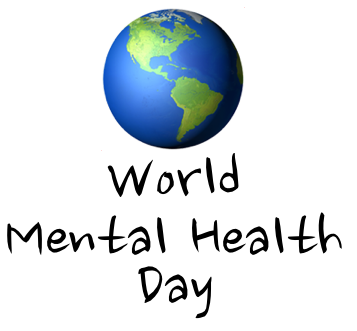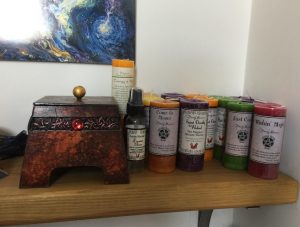I have been filled with worry and anxiety this last week. There were two main sources: my boiler breaking and money.
I managed to get my boiler repaired. But it took all week and almost everything that could go wrong with getting it repaired did. Moneywise, I’m skint. In the last two months I’ve had to find more than £700 for unexpected but essential expenditure.
I’ve been meditating for years. But I was so worried and anxious this week that I have been unable to meditate each of the three times I’ve tried.
Of course recognising that you’re anxious is the first step to addressing it.

Here are the signs and symptoms of anxiety according to MIND:
Effects on your body:
- a churning feeling in your stomach
- feeling light-headed or dizzy
- pins and needles
- feeling restless or unable to sit still
- headaches, backache or other aches and pains
- faster breathing
- a fast, thumping or irregular heartbeat
- sweating or hot flushes
- problems sleeping
- grinding your teeth, especially at night
- nausea (feeling sick)
- needing the toilet more or less often
- changes in your sex drive
- having panic attacks.
Effects on your mind:
- feeling tense, nervous or unable to relax
- having a sense of dread, or fearing the worst
- feeling like the world is speeding up or slowing down
- feeling like other people can see you’re anxious and are looking at you
- feeling like you can’t stop worrying, or that bad things will happen if you stop worrying
- worrying about anxiety itself, for example worrying about when panic attacks might happen
- wanting lots of reassurance from other people or worrying that people are angry or upset with you
- worrying that you’re losing touch with reality
- rumination – thinking a lot about bad experiences, or thinking over a situation again and again depersonalisation – feeling disconnected from your mind or body, or like you’re watching someone else (this is a type of dissociation)
- derealisation – feeling disconnected from the world around you, or like the world isn’t real (this is a type of dissociation)
- worrying a lot about things that might happen in the future
From: MIND – Anxiety symptoms, Last Accessed: Saturday 21st October 2017.
There’s lots of advice out there about what you can do to deal with worry and anxiety. But what actually helped me deal with my worry and anxiety? Doing these:
- Off-load to a supportive friend – This gave a voice to my worries. The simple act of telling someone helped me sort through my worries and realise what was and wasn’t within my control.
- Remind yourself what is outside of your control – I was worried about a lot of things outside of my control. It helped to constantly remind myself to try not to worry about things I had no control over. That I should focus on doing things that were within my control.
- Double or triple relaxation time – This was something I did to reduce my heightened stress levels because of the worry and anxiety. At first I did feel guilty spending so much of my time relaxing. But each time I felt guilty, I reminded myself that this self-care was essential in order to prevent mental illness.
- Distraction – This is something I did repeatedly during my relaxation time. Intruding thoughts and emotions of worry and anxiety would often enter my head and it was my job to ignore those thoughts and distract myself from them.
- Write down all worries – It helped to get the worries out out of my head where they were going round and round like a circulating CD stuck on repeat. It also put my worries into perspective, helped me face them and sort through them. This cleared my mind, giving me clarity that allowed me to start planning what needed to be done. Anyone that’s been worried or anxious will know that the emotions make it difficult to think clearly. So this strategy was really helpful.
I’m proud I managed to get through this week. I’m hoping I wont have another week like it for some time.
Take it easy and write soon,
Antony














